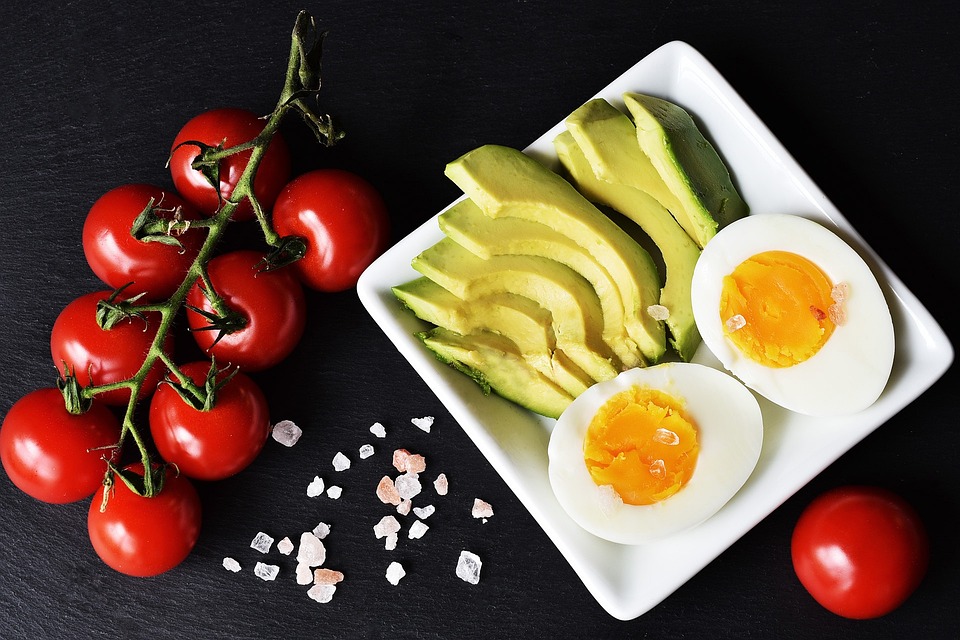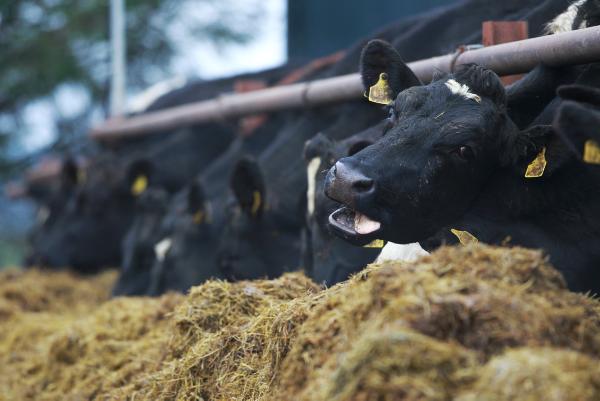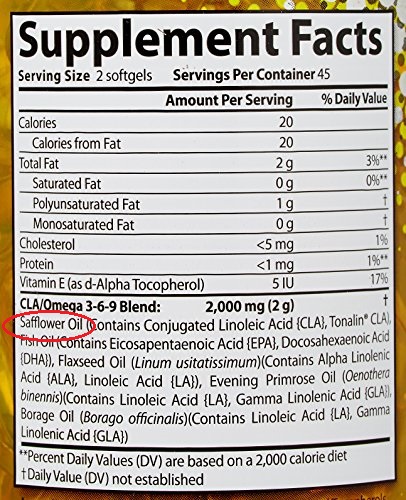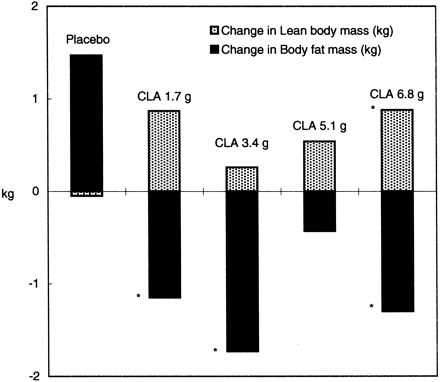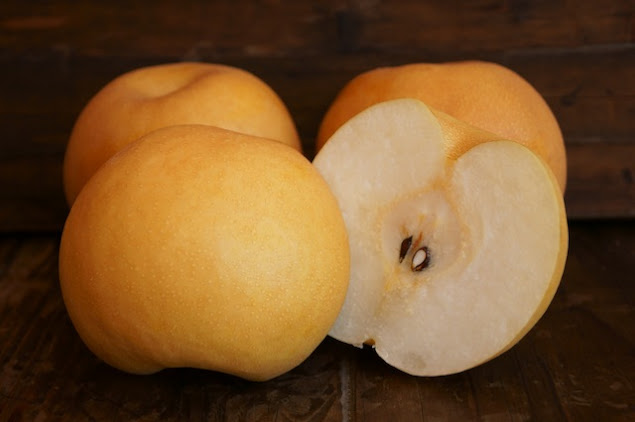Many people believe in their weight loss benefits. Some use it to put specific health issues in check.
The health benefits of intermittent fasting and the keto diet are backed by solid research. However, many people wonder if they can safely combine both.
This article will define the keto diet and intermittent fasting and explain whether it is safe to combine both.
Let's define intermittent fasting.
Intermittent fasting is an eating pattern that involves cycling between fasting (calorie restriction) and regular food intake during a specific period (1). Its popularity has increased such that it got featured in a review article published in The New England Journal of Medicine.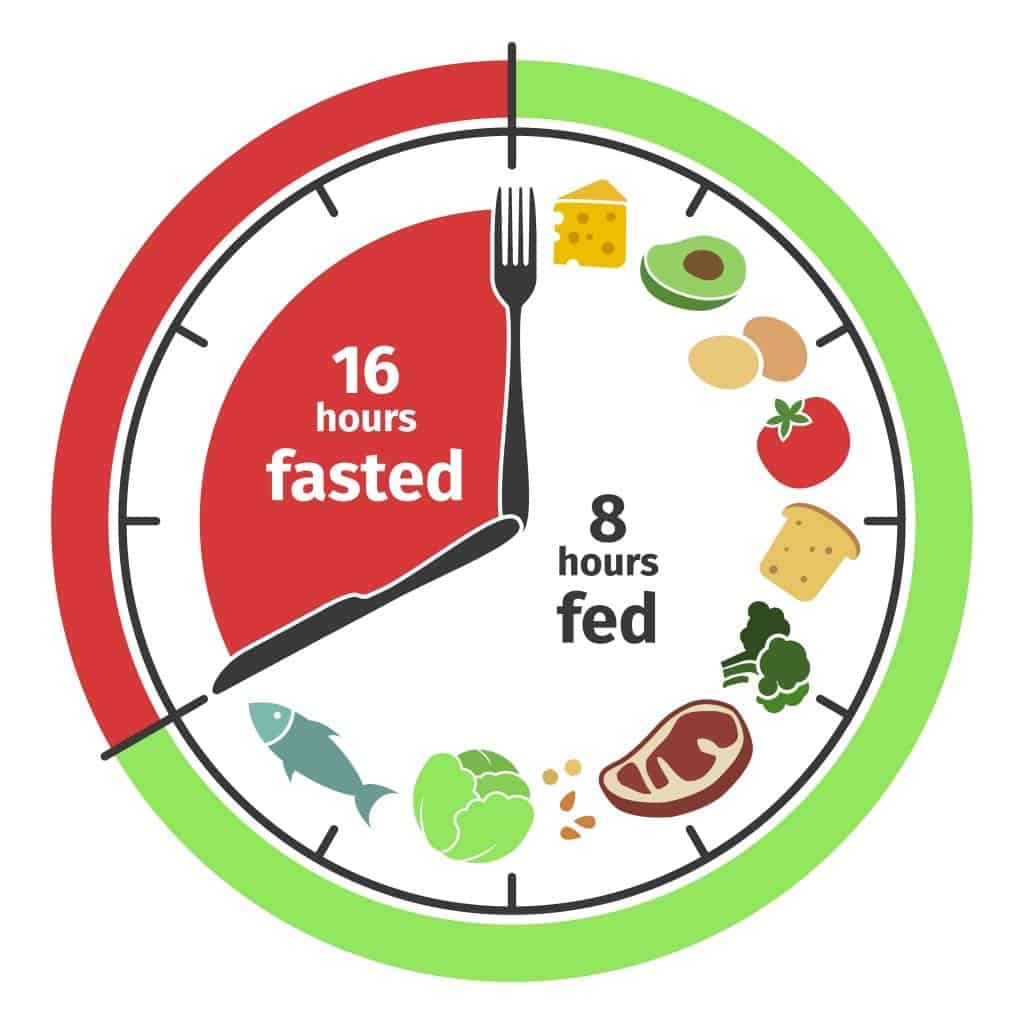
You see, there are different ways of fasting intermittently. These include the alternate – day fasting, the warrior diet, and the 5:2 method.
Intermittent fasting is mostly used for weight loss. But it also has other health benefits. For instance, some studies have shown that it has anti-inflammatory actions and improves blood sugar regulation and brain function (2, 3, 4).
How about the ketogenic diet?
The ketogenic diet is a low-carb diet, but one that is also high in fats. The ketogenic diet's goal is to furnish your body with more fat calories and fewer carb calories.When you are on a ketogenic diet, your carb consumption will be reduced to less than 50g per day. This forces your body to burn fats for energy instead of glucose (5). And as your body burns fat, so do you lose weight.
Your body breaks down fat to form substances known as ketones. Ketones serve as an alternate source of fuel for your body (6).
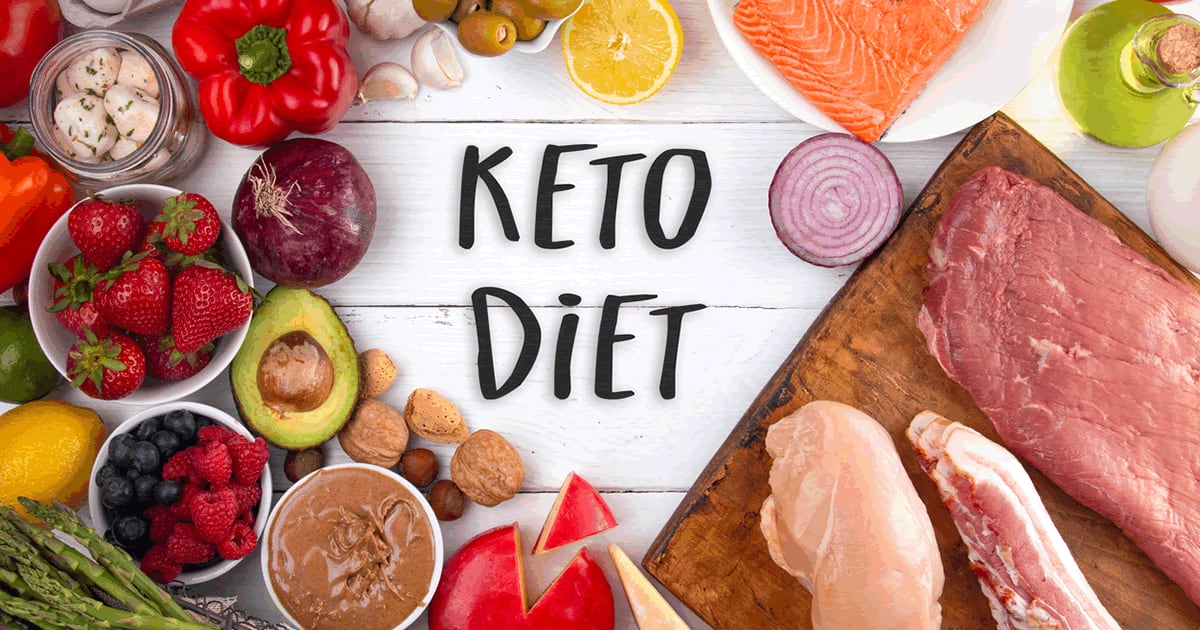
Ketogenic dieting is a great way to lose weight, but this isn't the only benefit of following this healthy lifestyle.
The ketogenic diet can effectively manage other conditions, such as epilepsy (7). Studies have shown that it improves symptoms of Alzheimer's disease (8).
It is also worth knowing that the keto diet may reduce blood sugar, improve insulin resistance, and reduce triglyceride levels and other risk factors of heart disease (9, 10).
What are the health benefits of combining both intermittent fasting and keto diet?
Combining both keto diet and intermittent fasting does have some benefits.It helps you to reach ketosis faster.
By combining intermittent fasting with keto, you can reach ketosis faster than if you did the keto diet alone.During fasting, your body maintains its energy balance by getting its fuel from fats instead of carbs, and the keto diet is built upon this premise (11).
During fasting, your glycogen stores and insulin levels decrease, causing your body to burn fat for fuel (12).
So, keto dieters who struggle to reach ketosis while on a keto diet can jumpstart the process with intermittent fasting.
You can burn more body fat than if you were on a keto diet alone.
Combining intermittent fasting with the keto diet can help you burn more fat than on a diet alone.
Intermittent fasting promotes heat production or thermogenesis, thus boosting metabolism. This causes your body to utilize stubborn fat stores (13).Many studies have discovered that intermittent fasting can cause you to shed excess body fat at safe levels.
It preserves muscle mass during weight loss and boosts energy levels – which is advantageous for ketogenic dieters looking to drop body fat and improve athletic performance (14, 15).
Some studies also suggest that intermittent fasting can increase satiety, enhancing weight loss (16).
Is it safe to combine intermittent fasting with keto?
Yes, it is for most people.However, intermittent fasting is not safe for breastfeeding moms, pregnant women, or low or disordered eating habits.
Like heart disease or diabetes, people with chronic health conditions should see their doctor before combining intermittent fasting with the keto diet.
While it may be helpful for some, combining intermittent fasting with a keto diet may not work for others.

Some people find it hard to fast while on the keto diet. Some may experience adverse reactions, like binge eating on non-fasting days. Others may experience fatigue and irritability (17).
Always remember – you can reach ketosis even without intermittent fasting, but intermittent fasting helps you to do so quickly.
Following a healthy, complete keto diet helps anyone who wants to improve their health by reducing carb intake.
